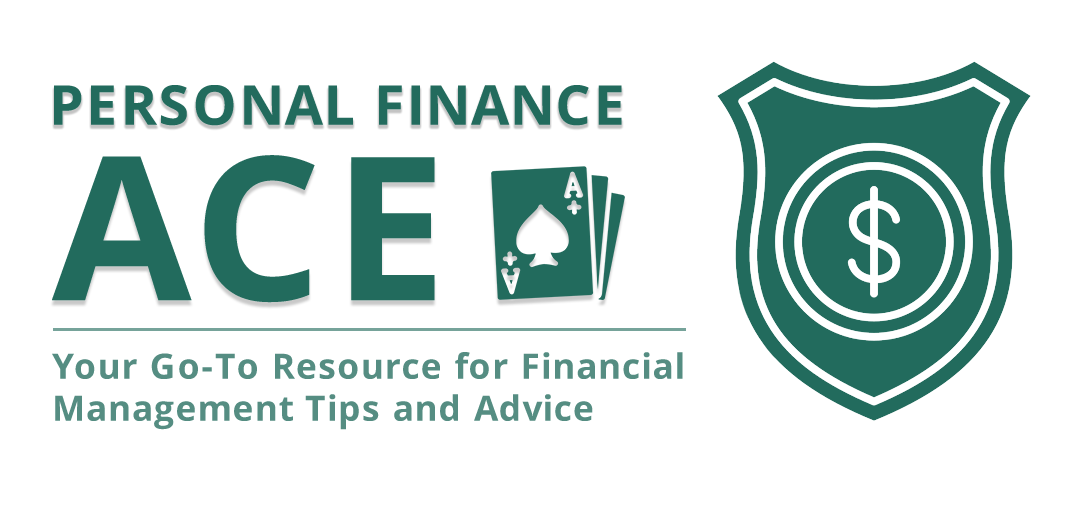Saving for retirement can seem like a daunting task, especially when you’re just starting out in your career. But the earlier you start, the more time your money has to grow. In this article, we’ll go over some tips on how to start saving for retirement in your 20s.
Understand the Power of Compound Interest
The earlier you start saving for retirement, the more time your money has to grow. That’s because of the power of compound interest. When you save money, you earn interest on that money. Over time, the interest you earn also earns interest, so your money grows faster and faster. By starting early, you can take advantage of this compounding effect and end up with a much larger retirement nest egg.
Set Retirement Goals
It’s important to set goals when it comes to saving for retirement. How much money do you want to have saved by the time you retire? What age do you want to retire? By setting specific goals, you can create a plan to achieve them.
Start Small
Saving for retirement can be overwhelming, but it’s important to start small. You can begin by contributing a small percentage of your income to a retirement account. As your income grows, you can increase your contributions. Even small amounts can add up over time, thanks to the power of compound interest.
Take Advantage of Employer Retirement Plans
Many employers offer retirement plans, such as 401(k)s, that allow you to save for retirement with pre-tax dollars. Some employers even offer matching contributions, which can help your savings grow even faster. If your employer offers a retirement plan, be sure to take advantage of it.
Consider Opening an Individual Retirement Account (IRA)
If your employer doesn’t offer a retirement plan, or if you want to save even more for retirement, consider opening an Individual Retirement Account (IRA). IRAs offer tax benefits similar to employer-sponsored retirement plans and can help you save more for retirement.
Conclusion
Starting to save for retirement in your 20s may seem like a small step, but it can have a big impact on your financial future. By understanding the power of compound interest, setting specific goals, starting small, taking advantage of employer retirement plans, and considering opening an IRA, you can set yourself up for a comfortable retirement.





